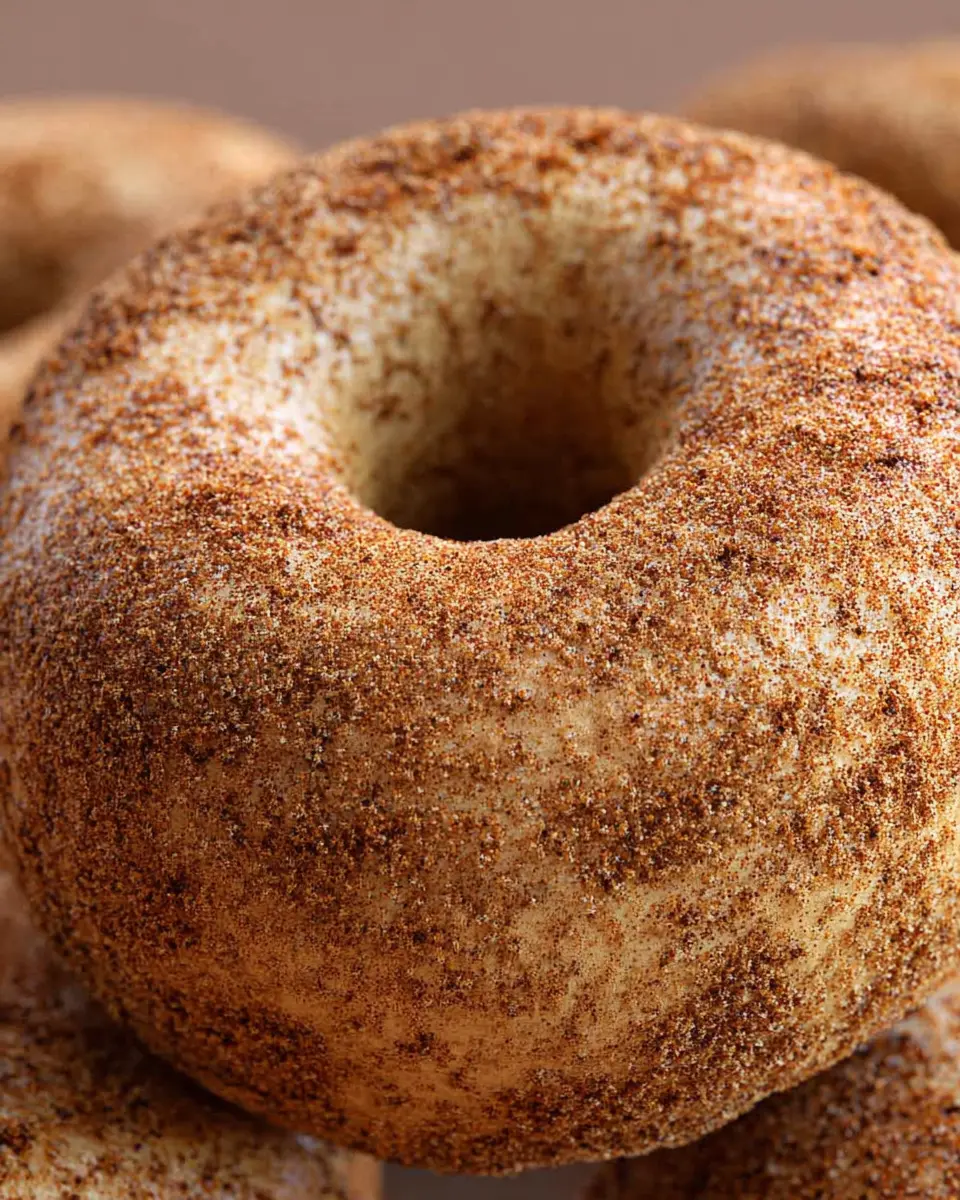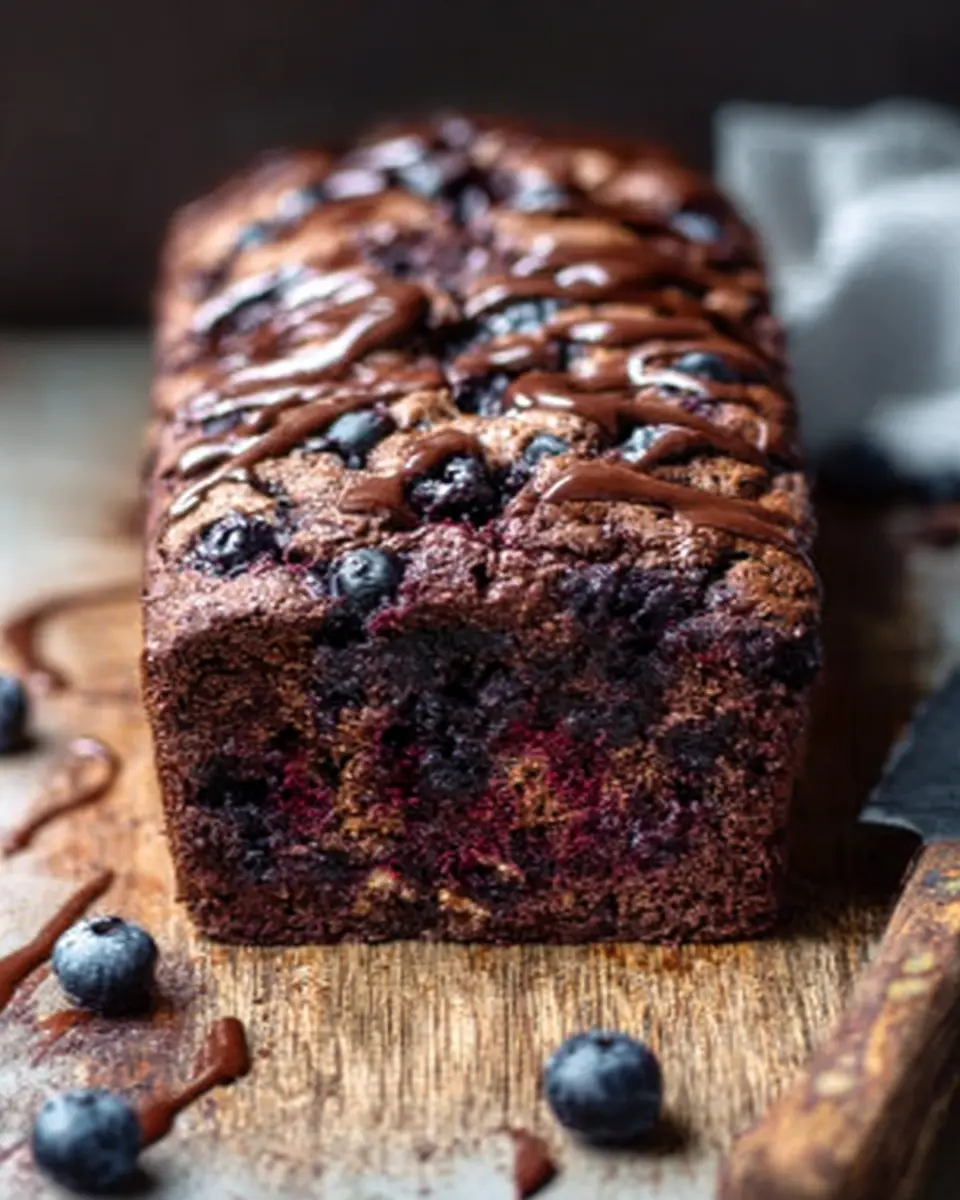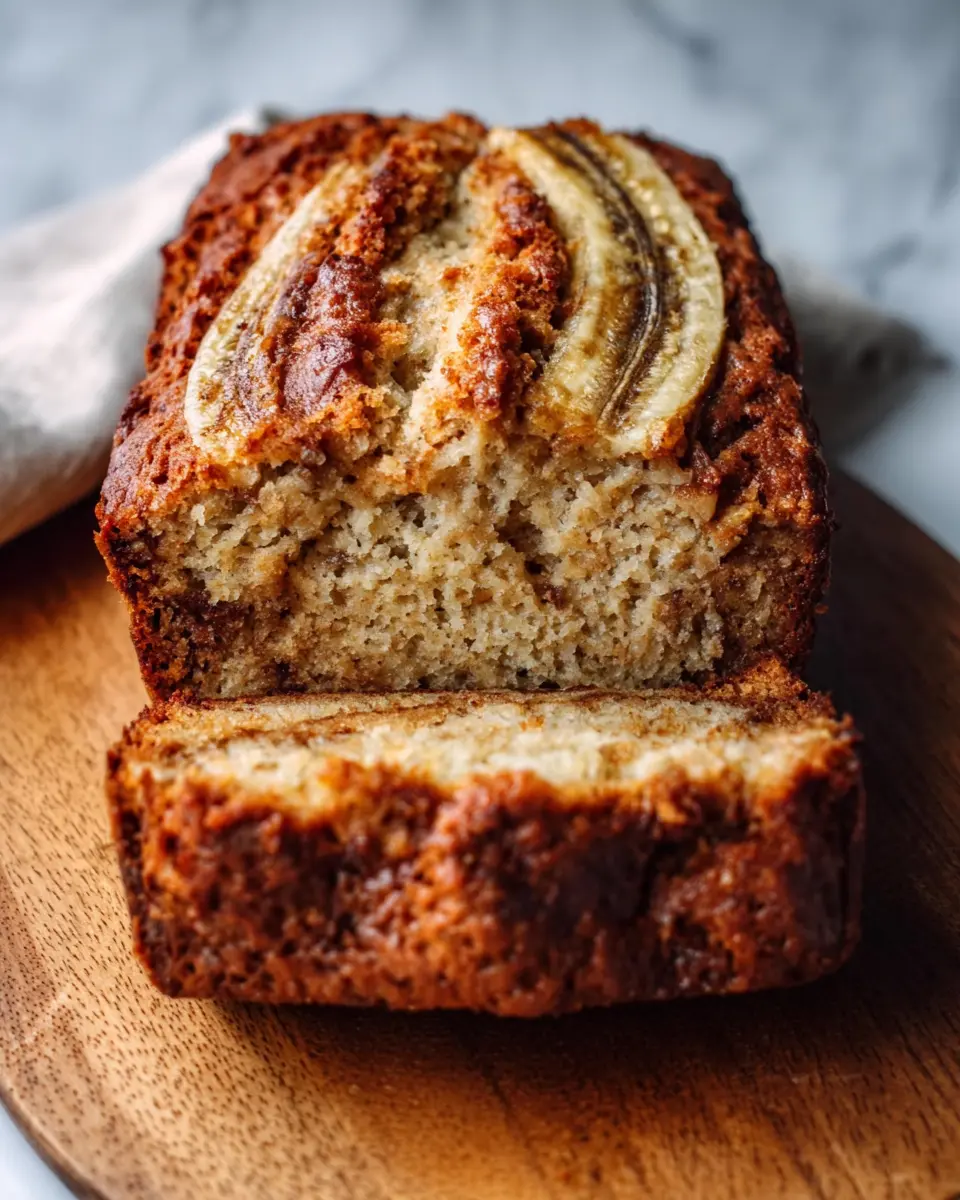Introduction to Homemade Lemon Powder
When life gets busy, figuring out how to add a burst of flavor to your dishes can feel daunting. Enter home made lemon powder, a transformative ingredient you’ll want in your kitchen arsenal. Not only is it versatile, but it also allows you to carry that zesty lemon flavor wherever you go.
Why homemade lemon powder is a game changer for young professionals
As a young professional, you’re likely juggling a full schedule—work, social events, and maybe even a fitness routine. The last thing you need is to spend hours preparing elaborate meals. That’s where home made lemon powder shines. This easy-to-make powder can elevate your dishes without extensive preparation. Here are some reasons why it’s a game changer:
-
Convenience: You can sprinkle it on your favorite salads, use it in marinades, or even enhance your beverages. Just a pinch can brighten up your pasta or grilled chicken, replacing those last-minute trips to the grocery store.
-
Longevity: Fresh lemons spoil quickly, but when you make your own lemon powder, you can enjoy the essence of lemons for months. This is a fantastic way to reduce food waste while keeping your kitchen stocked with fragrant flavors.
-
Nutritional Boost: Lemons are known for their health benefits. They’re packed with vitamin C and antioxidants. By incorporating lemon powder into your meals, you’re adding a bit of that goodness without extra effort.
-
Cost-effective: Purchasing lemon powder at the store can add up, especially when you’re trying to stay budget-friendly. Making it at home not only saves money but also lets you control the quality.
Are you curious how to make your own lemon powder? Stay tuned! The process is simple and rewarding, giving you that homemade touch everyone appreciates. Not sure where to start? Check out this guide on how to dry lemons for valuable tips.
By introducing home made lemon powder into your cooking routine, you’ll find delicious, easy-to-make dishes that fit seamlessly into your busy lifestyle. Ready to transform your culinary game? Let’s dive into the next steps!
Ingredients for Homemade Lemon Powder
Fresh lemons: The main star of the show
When it comes to creating your own homemade lemon powder, fresh lemons take center stage. Select lemons that feel heavy for their size and have a bright, vibrant skin. Organic lemons are a fantastic choice since they’re free from pesticides, allowing you to maximize the zest and juice flavors without unwanted chemicals. This refreshing fruit serves as the essential base for your lemon powder, giving it that zesty kick we all love.
To make about one cup of powder, you’ll need roughly four to six lemons. Wash them thoroughly to remove any dirt or wax. After that, zest the lemons before drying to capture all that amazing flavor.
Optional add-ins: Salt or sugar for flavor balance
To elevate your homemade lemon powder, consider optional add-ins like a pinch of salt or a sprinkle of sugar. These elements can enhance the overall flavor and make your lemon powder more versatile.
- Salt can amplify the tartness, making it perfect for savory dishes.
- Sugar offers a slight sweetness, ideal for desserts or beverages.
Experimenting with these add-ins will help you find the perfect balance for your taste! If you’re curious about how to use your lemon powder creatively, check out this fantastic guide on cooking with citrus.
Preparing Homemade Lemon Powder
Are you ready to transform your kitchen scraps into something spectacular? Homemade lemon powder is not only a fantastic resource but also a great way to add a zesty punch to your dishes, drinks, or even skincare routines. Let’s dive into the process and see how easy it is to prepare your very own lemon powder at home.
Wash and prep the lemons
Before you can create your lemon powder, your first step is to gather fresh, organic lemons. Opt for lemons that are firm, brightly colored, and aromatic. Why organic? Because you’ll be using the peel, and it’s best to eliminate any chemical residues found on conventionally grown lemons.
-
Give them a good wash: Rinse the lemons under warm water to remove dirt and wax. You can even use a vegetable brush to scrub them a bit better. This helps ensure your homemade lemon powder is as pure and flavorful as possible.
-
Dry them thoroughly: After washing, dry each lemon with a clean kitchen towel or paper towel to prevent any moisture before deydration.
-
Peel the lemons: Use a vegetable peeler to carefully remove the zest, avoiding as much of the white pith as possible, since it can impart bitterness to the powder. You’ll want a substantial amount of zest, so feel free to peel a few lemons for a larger yield.
Dehydrate the lemon peels
Once you have your lemon peels ready, it’s time to dehydrate them. You have a few methods to choose from:
-
Oven dehydrating: Preheat your oven to the lowest setting (usually around 150°F or 65°C). Spread the peels evenly on a baking sheet lined with parchment paper and place them in the oven. Leave the door slightly ajar to allow moisture to escape, and check them periodically. They may take anywhere from 2 to 4 hours to dry completely.
-
Dehydrator: If you own a food dehydrator, you’re in luck! This method is energy-efficient and effective. Arrange the lemon peels on the dehydrator trays, set the temperature to about 125°F (52°C), and let it run for about 8–10 hours.
-
Air drying: If you prefer a completely natural approach, you can simply hang the lemon peels in a warm, dry spot with good airflow. This may take several days, so it’s less efficient but could be a fun project!
Make sure the peels are completely dried and crisp before moving on to the grinding stage. If they feel leathery at all, give them more drying time.
Grinding the dried peels into powder
After you’ve successfully dehydrated the lemon peels, it’s time to bring them to a fine powder.
-
Choose your grinder: A spice grinder, blender, or even a mortar and pestle can do the trick. For ultra-fine lemon powder, a spice grinder will offer the best results.
-
Start grinding: Add a small batch of dried lemon peels into your grinder and pulse until you achieve a fine consistency. If you want a super-smooth powder, sift the ground peels to separate any coarse bits, and grind those again.
Using an efficient grinding method helps release the oils in the peels, resulting in a fragrant powder packed with flavor.
Proper storage to maintain freshness
Now that you’ve created your homemade lemon powder, you want to keep it fresh for as long as possible. Here’s how:
-
Choose airtight containers: Glass jars or vacuum-sealed bags work best. The less air that gets in, the better.
-
Store in a cool, dark place: A pantry or cupboard away from light and heat is ideal. This helps maintain the potency of the flavor and fragrance.
-
Label your creations: Don’t forget to mark the container with the date you made your lemon powder. Fresh lemon powder is best used within six months, but if stored correctly, it can last up to a year.
With your homemade lemon powder ready to go, you can elevate your culinary game. Add a pinch to your marinades, sprinkle it over roasted vegetables, or mix it into your morning smoothie. The options are endless!
For more ideas on how to use your lemon powder, check out this resource for citrus cooking tips. Enjoy the delightful flavor and exceptional freshness that comes from crafting this simple yet versatile ingredient in your very own kitchen!
Creative Variations for Using Lemon Powder
Lemon powder is a versatile ingredient that can elevate your everyday cooking in exciting ways. Let’s explore some creative variations for using your home made lemon powder.
Zesty Seasoning for Grilled Proteins and Vegetables
Brighten up your grilled dishes with a sprinkle of lemon powder. A simple blend of lemon powder, garlic, and herbs can transform everyday proteins like chicken, turkey bacon, or even beef into flavorful masterpieces. Try mixing lemon powder with olive oil and your favorite spices as a marinade before grilling your veggies or proteins. They’ll soak up the citrusy goodness, giving them an irresistible zesty kick.
Unique Additions in Baked Goods
Looking to add a refreshing twist to your baked goods? Lemon powder can enhance everything from muffins to cookies. A tablespoon mixed into your batter can create delightful lemon-flavored treats. Just imagine a zesty lemon blueberry muffin or a lemon-infused cake that brightens your brunch experience!
Enhancing Dressings and Marinades
Take your salads to the next level by incorporating lemon powder into dressings and marinades. Combine it with olive oil, honey, and Dijon mustard for a simple yet delightful vinaigrette. This method not only adds brightness but is a great way to keep your dressings fresh. You can find countless inspiration for salad dressings in online culinary sources, like Bon Appétit.
Refreshing Beverages with Lemon Powder
Need a revitalizing drink? A teaspoon of lemon powder in water can do wonders. Simply mix with ice, and you have a refreshing lemonade or a delightful base for cocktails. Lemon powder is an effortless way to enhance flavor without the fuss of juicing.
Natural Cleaning Solutions Using Lemon Powder
Did you know that lemon powder can also work wonders in your cleaning routine? Its natural acidity makes it a great deodorizer. Mix it with baking soda to create a paste that effectively cleans surfaces, leaving your home smelling fresh and clean without the harsh chemicals.
With these creative uses, your home made lemon powder will soon become a staple in your kitchen and beyond. Happy experimenting!
Cooking Tips and Notes for Homemade Lemon Powder
Choosing the Right Lemons for the Best Flavor
When making home made lemon powder, start with fresh, ripe lemons. Look for bright, firm lemons that give slightly when squeezed. Organic lemons are often a better choice because they’re free of wax and pesticides. If you can, try finding local lemons to get the freshest flavor!
Techniques for Grinding the Peels Efficiently
Once your lemons are dried, the next step is grinding. A high-quality spice grinder or a mortar and pestle works wonders for achieving a fine consistency. For a more even grind, consider cutting the dried peels into smaller pieces before grinding. Alternatively, a food processor can save time but might not yield the same powdered texture.
Ensuring Proper Drying Time for Optimal Powder Consistency
Drying is crucial—too little time can lead to clumping, while over-drying may result in a burnt flavor. Ideally, dried lemon peels should sit in a warm, airy place away from direct sunlight for about 24-48 hours. Make sure they’re completely dry before you store them; a good test is to snap a piece in half!
For additional insights on making your home made lemon powder taste its best, check out this guide on herbs and spices.
Serving Suggestions for Homemade Lemon Powder
Ideas for Incorporating Lemon Powder in Daily Meals
Embracing homemade lemon powder in your culinary adventures is easier than you think! Sprinkle it over grilled chicken, fish, or even turkey bacon to elevate the flavor without extra calories. Adding a teaspoon to your morning smoothie can give it a refreshing zest—perfect for kick-starting your day. For a zesty twist on your salads, simply mix it into your dressings or drizzle over roasted vegetables.
Want to explore more? Check out this guide on culinary uses of lemon to discover new, exciting ways to incorporate this citrus powerhouse.
Creative Ways to Use Homemade Lemon Powder in Snacks
Snack time can also become an opportunity to enjoy the zest of lemon powder. Create a tangy popcorn treat by tossing freshly popped corn with melted butter and a sprinkle of lemon powder. For a healthier option, mix it into yogurt or cottage cheese alongside fresh fruit for a refreshing boost. Even simple nuts can become gourmet by dusting them with lemon powder and a hint of sea salt.
Feeling adventurous? Try making lemon-flavored energy balls with oats, nut butter, and, of course, your homemade lemon powder. They’re perfect for fueling your day!
Time Breakdown for Homemade Lemon Powder
When it comes to creating your own home made lemon powder, it’s all about the timing. Here’s a quick guide for your lemon powder journey!
Preparation Time
Getting started takes about 15 minutes. You’ll need to wash, slice, and arrange your lemons on a dehydrator tray or baking sheet. It’s a great time to enjoy the fresh citrus aroma that fills your kitchen!
Dehydration Time
The real magic happens during dehydration, typically requiring 6 to 12 hours. If you’re using a dehydrator, follow the manufacturer’s instructions for optimal results. Alternatively, your oven can become a trusty ally; just remember to set it to the lowest temperature.
Total Time for Making Lemon Powder
Overall, you’re looking at 6 to 12 hours and 15 minutes from start to finish. That’s not too bad for a product that enhances your recipes with a zesty zing, right?
For more tips on drying herbs and fruits, check out resources like the National Center for Home Food Preservation. This can elevate your culinary skills and help you make the most out of your home kitchen!
Nutritional Facts about Lemon Powder
Vitamin C Content and Its Benefits
When you make home made lemon powder, one of the standout features is its impressive Vitamin C content. Did you know that just one tablespoon of lemon powder can provide around 30% of your daily Vitamin C needs? This powerful antioxidant is crucial for a range of bodily functions, such as boosting your immune system and promoting healthy skin. Additionally, Vitamin C aids in collagen production, which can keep your skin looking youthful. So, incorporating lemon powder into your diet might just give your skin a revitalizing glow!
Other Nutritional Highlights
Beyond Vitamin C, home made lemon powder is packed with other beneficial nutrients. Here are some key highlights:
- Fiber: Helps with digestion and promotes gut health.
- Potassium: Essential for heart health and maintaining proper muscle function.
- Flavonoids: These plant compounds have potential anti-inflammatory and antioxidant properties.
Incorporating this zesty powder into your recipes not only enhances flavor but also adds a burst of nutritional goodness. Want to read more about the health benefits of vitamin C? Check out resources like the National Institutes of Health.
So, next time you’re considering a way to elevate your meals, think about whipping up your own lemon powder — it’s a simple yet effective way to boost your health!
FAQs about Homemade Lemon Powder
How long does homemade lemon powder last?
When you whip up your own homemade lemon powder, you’re probably wondering about its shelf life. Properly stored in an airtight container, it can last up to 1 year. For optimal freshness, keep it in a cool, dark place, away from direct sunlight. If you notice any change in color or smell, it’s wise to toss it out. For more tips on preserving homemade ingredients, you might find this guide on food storage helpful.
Can I use any lemon variety for this recipe?
Yes, you can use any variety of lemons! Whether you prefer Eureka, Lisbon, or even Meyer lemons, they all make fantastic homemade lemon powder. Meyer lemons are particularly sweet and less tart, giving your powder a unique flavor profile. Feel free to experiment and find which variety suits your culinary style best!
Best Ways to Incorporate Lemon Powder in Cooking
Once you have your fragrant homemade lemon powder, the possibilities are endless:
- Baking: Enhance cookies, cakes, or muffins by adding a teaspoon or two directly into the dry ingredients.
- Seasoning: Mix it into your Turkey Bacon or Chicken Ham marinades for an instant citrus kick.
- Dressings: Whisk it into vinaigrettes for salads to brighten up the flavors.
- Drinks: Stir lemon powder into water or teas for a refreshing drink.
By incorporating your homemade lemon powder into various dishes, you not only add fantastic flavor but also get a nutritional boost from vitamin C. If you’re looking for specific recipes to try, check out this cooking guide for plenty of inspiration!
Enjoy experimenting with your homemade creation!
Conclusion about Homemade Lemon Powder
Homemade lemon powder is not just a fun kitchen project; it offers a multitude of benefits, from enhancing flavor to providing essential vitamins. By making your own lemon powder, you can control the ingredients and ensure it’s free from preservatives and additives commonly found in store-bought varieties.
Feel inspired to experiment with this versatile ingredient! Sprinkle it on your favorite dishes, use it in dressings, or blend it into smoothies for a zesty kick. The possibilities are endless. As you explore, consider checking out the Nutritional Benefits of Lemons to learn more about what you’re adding to your meals. Enjoy the journey of creating your own home made lemon powder!
Print
Home made lemon powder: Easy Ways to Elevate Your Dishes
- Prep Time: 15 minutes
- Cook Time: 2 hours
- Total Time: 2 hours 15 minutes
- Yield: 1 cup 1x
- Category: Condiment
- Method: Dehydrating
- Cuisine: American
- Diet: Vegan
Description
Learn how to make home made lemon powder to enhance your dishes effortlessly.
Ingredients
- 4 lemons fresh lemons
- 1 teaspoon salt (optional)
Instructions
- Wash the lemons thoroughly.
- Slice the lemons into thin pieces.
- Place the lemon slices in a dehydrator or oven set to low heat until completely dried.
- Once dried, blend the lemon slices into a fine powder.
- Store in an airtight container.
Notes
- Adding salt can help preserve the flavor.
- Use in various recipes for added zest.
Nutrition
- Serving Size: 1 tablespoon
- Calories: 10
- Sugar: 0.5g
- Sodium: 0mg
- Fat: 0g
- Saturated Fat: 0g
- Unsaturated Fat: 0g
- Trans Fat: 0g
- Carbohydrates: 2g
- Fiber: 0g
- Protein: 0g
- Cholesterol: 0mg
Keywords: home made lemon powder, lemon seasoning, citrus powder













